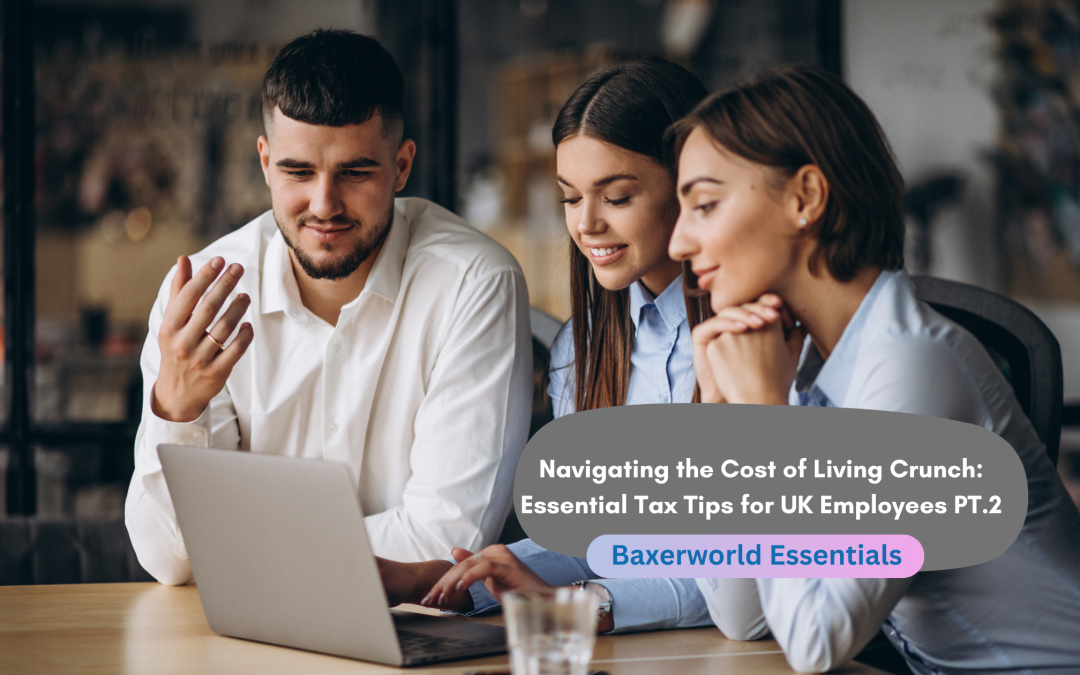Tax Tips for Employees:
Tax rules sometimes seem like one compliance hurdle after another. So it’s good to know that some of them can be used to benefit your employees. The ‘trivial benefits’ rules are an example. Correctly applied, they allow a benefit costing not more than £50 (including VAT), to be given to an employee, free of both tax and National Insurance. Some employers give gift cards, others a bottle of wine: the morale boost is at your discretion. There is no limit to the number of times you can make a gift under the scheme, and no need to notify HMRC. There are, however, conditions to meet:
Conditions:
- The benefit must not be cash or a voucher that can be redeemed for cash.
- It must not be given as a reward linked to particular services or work performance.
- It must not form part of the terms of the worker’s contract, nor be part of a salary sacrifice arrangement.
Trivial benefits can also be used for the directors or office holders of close companies (one with five or fewer shareholders). There are special rules for such individuals, including a £300 cap on the total value of benefits that can be received in any one tax year.
Optional remuneration, often known as salary, sacrifice arrangements, can also help your employees. In outline, they mean that an employee’s remuneration is reduced in return for a specified non-cash benefit. These mainly comprise:
- Employer pension contributions to approved schemes.
- Pensions advice.
- Cycle to work schemes.
- Qualifying low emission cars and specific childcare provision.
The financial benefit to the employee comes because of a reduction in pay subject to Class 1 NICs; and certain exempt benefits, like pension contributions, can also result in savings for the employee and employer. Note, however, that the sacrifice should not take cash earnings below the relevant minimum wage rate.
We hope you found these tax tips useful. Get in contact with Baxterworld today for more financial advice!
